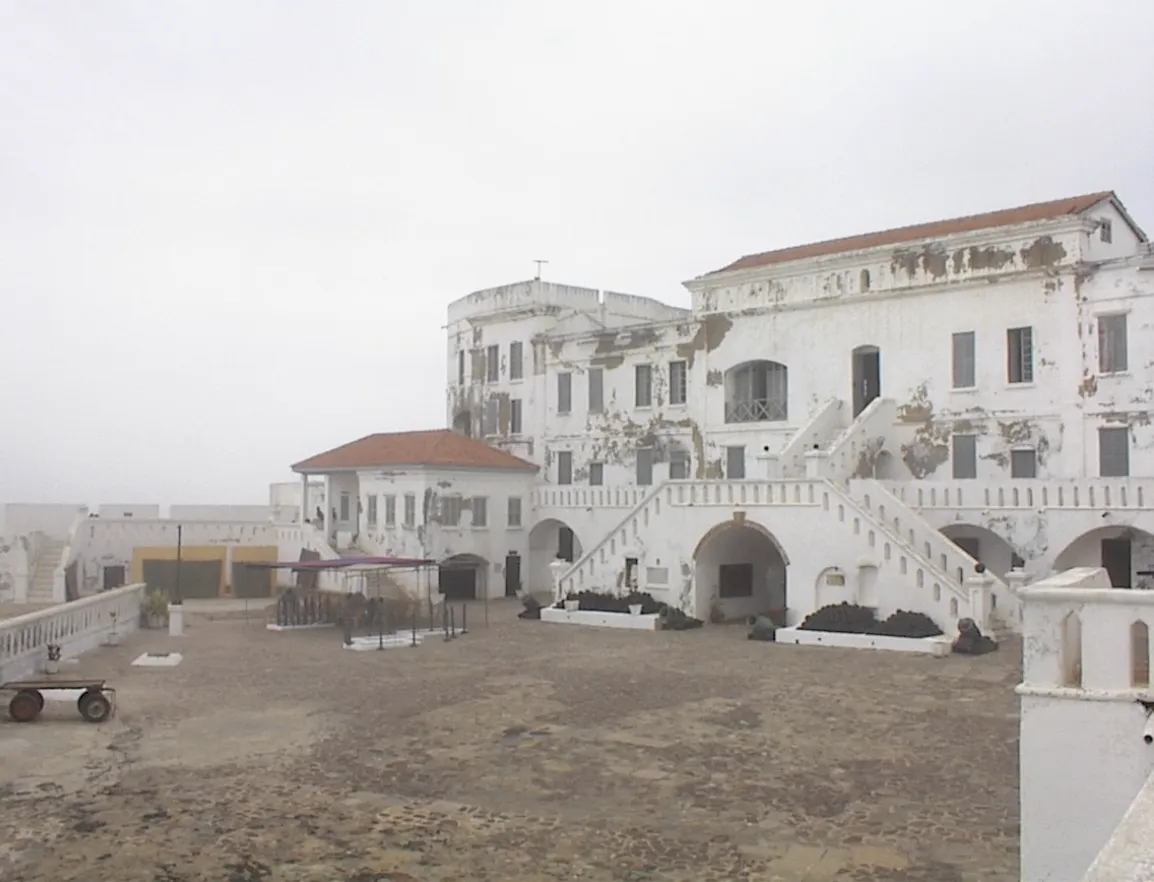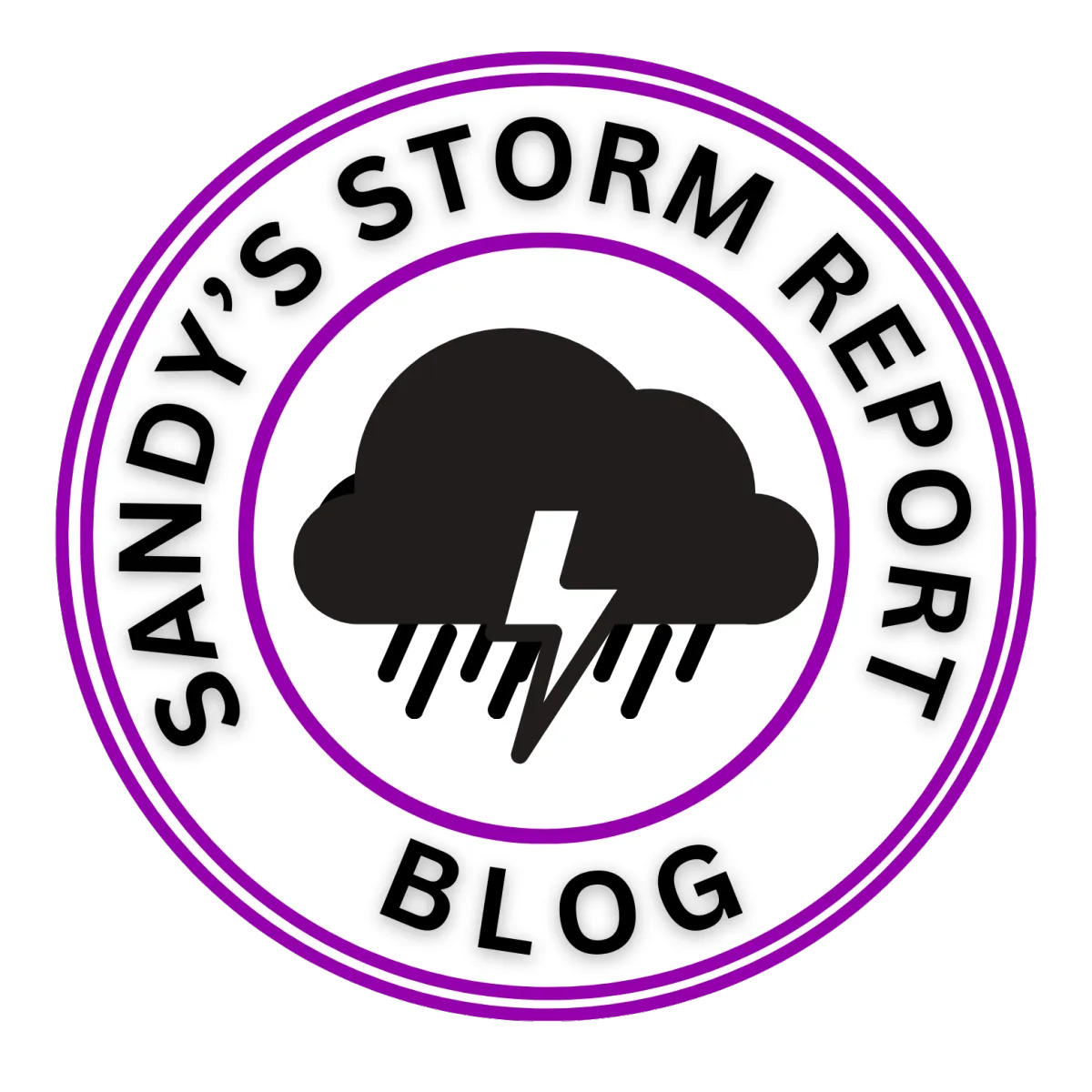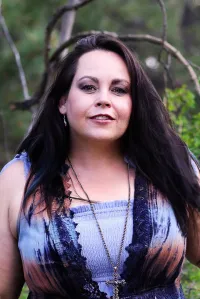
Heaven Above, Hell Below
“What does heaven do?...Heaven comes down.” - Dr. Diane Langberg in her book, Suffering and the Heart of God
Have you ever heard the stories of the infamous “Slave Castles” of Ghana?

There were at least 40 of these trading post fortresses along Africa’s Gold Coast during the time of the transatlantic slave trade.
In the bowels of Cape Coast Castle was one of the unspeakably torturous dungeons the slaves were held in as their final taste of their African home before departing to the New World and the Americas. These dungeons were accessed through the ominous ‘Door of No Return’ and would quickly become packed full with the men, women, and children who were being sold and shipped off to new masters. The floors were covered with human waste and bodies huddled together, shaking with yellow fever and other maladies.
Preparing to take the long journey in the hull of a ship that would deposit them on the shores of a strange new land was done in the darkness, and some of the people would perish in that dungeon and never leave their motherland. Bodies of the dead would decay around the bottom of the pit, as the living waited in agony to be delivered from their misery and placed into the brutal hands of their eager owners.
This was Hell.
Directly above this cave of horror and death, people gathered to pray, sing, and glorify God in the castle’s chapel. Imagine the gathering of fine folks in their best attire, attending church at a castle for a soul-lifting experience, rubbing shoulders with the others who were lucky enough to be above, and not below.
What a contrast the glittering glory of worship and praise would have made to the darkness dwelling just below the surface. What light must have been released as scripture was recited and pleasantries exchanged as the parishioners departed to gather in each other’s homes for continued fellowship and food.
This was their Heaven.
It would be interesting to know if ever a whiff of human excrement would waft up through the floorboards and interrupt an impassioned prayer or a rousing hymn.
What prayers were even being prayed?
What charity was being held in the hearts of the congregation as the human bodies rotted beneath their feet?
Our world today isn’t far from the position of these congregants. We live in a first-world, built on the slavery of those in the third-world. Whether they are working artisan mines to harvest cobalt for our rechargeable batteries (hear disturbing details here), trapped in sweatshops producing the cheap, fast fashion we can’t seem to get enough of, or picking coffee and cocoa beans for our daily indulgences, there are slaves involved in the production of many foods and items we consume every single day.
Sounds like we Americans and others in the first-world are a lot like the congregation experiencing a good life, free to worship in the comfort of a castle, and we are doing that at the expense of the enslavement of our human being brothers and sisters.
How can we change this unconscionable reality of the millions held in slave labor around our globe?
What demands can we place on the suppliers of the goods we consume? Those suppliers have successfully filled our demand for easy access to low-priced goods. Can we vote with our dollars and drive demand for slave-free products?
As consumers, we make choices every time we open our wallets or place an online order. Knowing that our choices could have negative effects on people across the world, what can we do to change those outcomes?
One step we can all easily take is to get educated and learn the facts about the goods we buy, and then allow that knowledge to influence our buying decisions. For example, we can switch to slave-free products, and we can reduce demand for slave-made goods by being conscious of the footprint made to produce an item and opting to hold onto an older model instead of updating our electronics every time a new gadget is released.
We are blessed to live in what some would consider a heavenly place, let’s not create a living hell for others.

